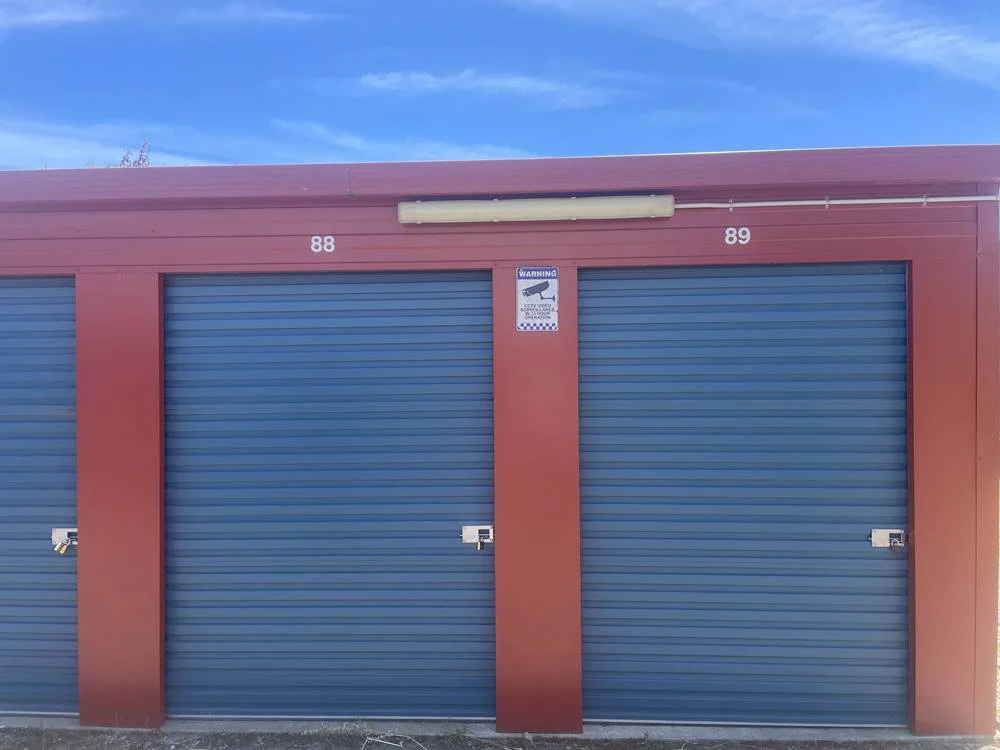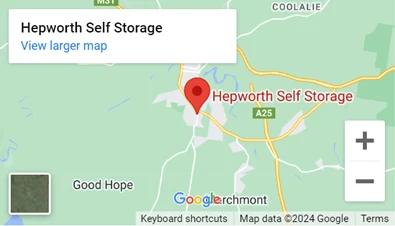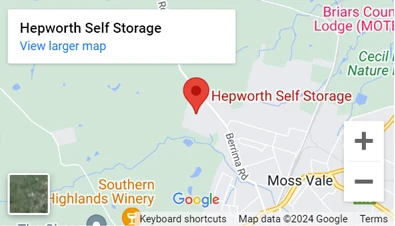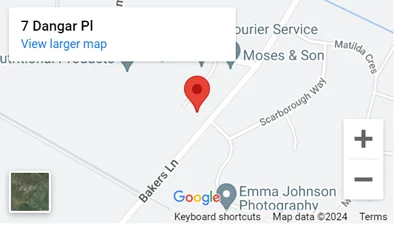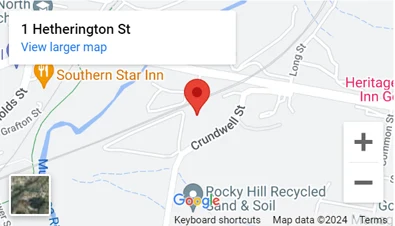Efficient inventory management is a crucial aspect of running a successful business. However, many businesses, especially smaller ones, often face challenges when it comes to finding adequate space to store their goods. This is where self storage facilities can greatly assist you and your business. Renting a unit provides businesses with a flexible and cost-effective solution for managing their important business items.
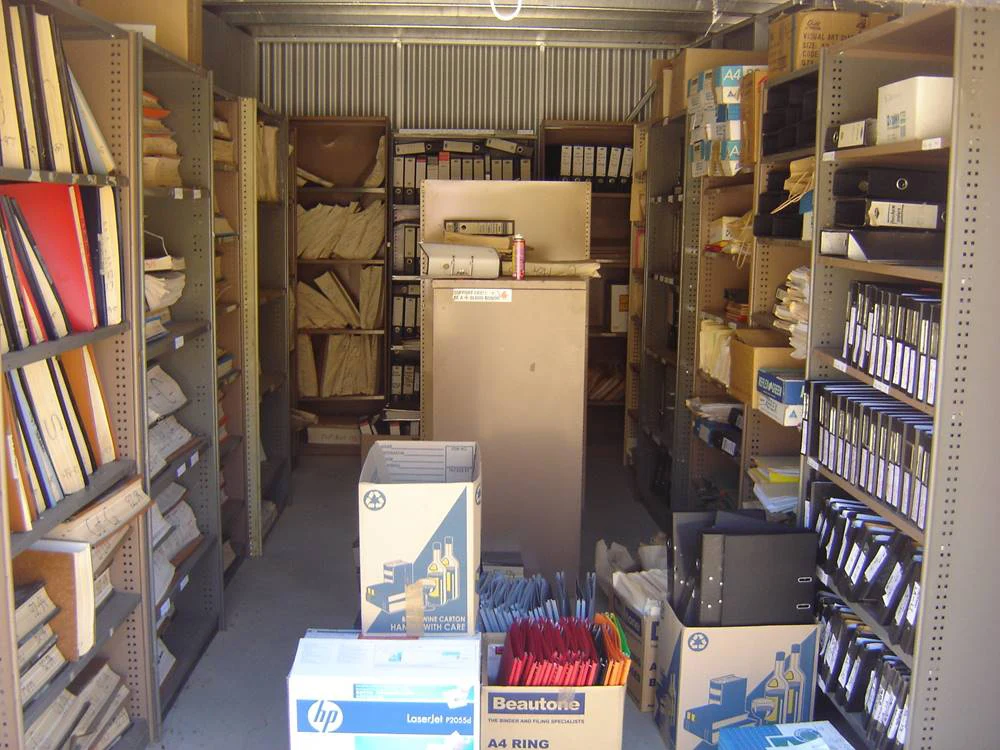
Assess your storage needs:
Before selecting a storage unit, it’s essential to assess your inventory requirements. Evaluate the size and nature of your boxes and stock, such as its fragility or perishability, to determine the appropriate space. Create an list and prioritize items that need to be easily accessible. This initial assessment will help you choose the right storage unit size and layout.
Choose the right storage unit:
When selecting a self storage unit for your business inventory, consider factors such as size, location, security, and climate control. Look for a unit that offers sufficient space to accommodate your items comfortably. If your business goods are sensitive to temperature or humidity, choose a climate-controlled space to protect it from potential damage. Additionally, ensure that a facility, like Hepworth Self Storage, has adequate security measures in place, such as surveillance cameras, PIN coded gate access, on site manager and 24/7 CCTV.
Implement an organized storage system:
Maintaining an organised storage system is crucial for easy access to your items. Utilise shelving units, pallets, or racks to maximize vertical space and keep items off the floor. Categorise your boxes based on type, size, or frequency of use, and label each box or container clearly. This will help you locate specific items quickly, saving time and effort. All our facilities have our famous box shop which offers a wide variety of boxes and packaging materials including labels!
Create a detailed record keeping system:
Implementing an efficient inventory management system is vital to keep track of your stock stored in the storage unit. Utilise management software or spreadsheets to record item details, quantities, and location within your rented space. Regularly update the system to reflect any changes or additions to your items. This way, you can easily monitor stock levels and plan for restocking when necessary.
Practice FIFO (First-In, First-Out) method:
If your inventory consists of perishable or time-sensitive goods, it’s crucial to follow the FIFO method. Arrange your boxes in a way that allows you to access the oldest items first. This ensures that products are used or sold before their expiration or obsolescence, minimising waste and potential losses.
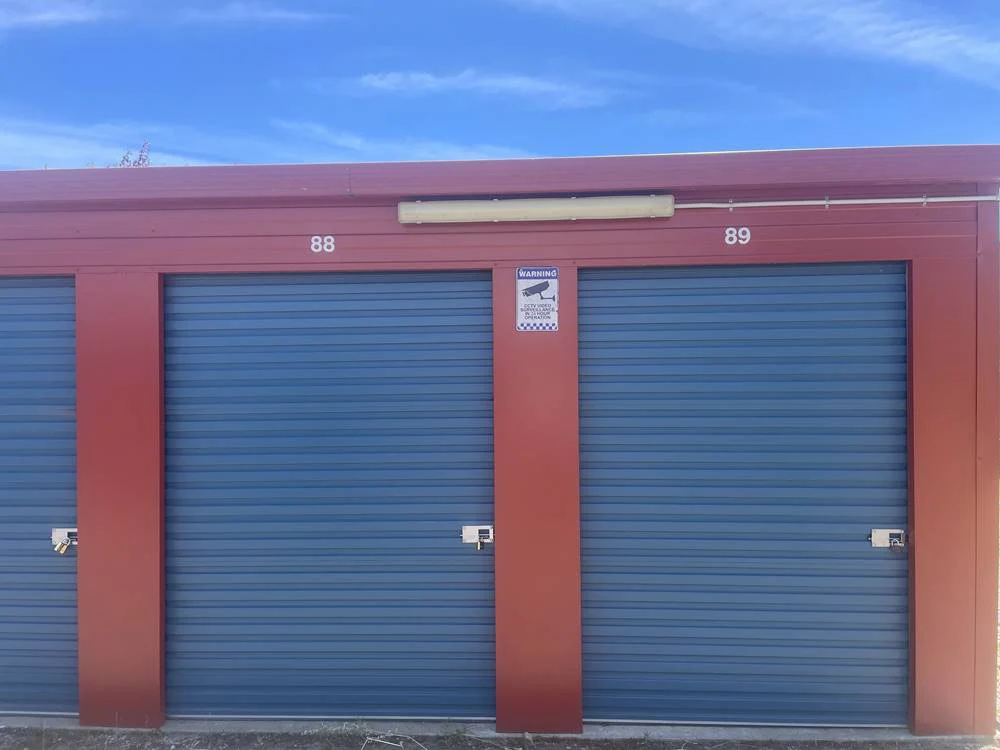
Optimize space utilisation:
Maximize the storage space in your self storage unit by employing space-saving techniques. Disassemble bulky items when possible to save space. Use stackable bins or containers to efficiently utilise vertical space. Avoid leaving empty spaces between items to make the most of the available area. Whilst also regularly assess your inventory needs and rearrange items accordingly to optimise your unit.
Regularly review and declutter:
Like all good businesses it is important to always review your items stored in the business unit to identify items that are no longer needed or have become obsolete. Dispose of or sell such items to free up valuable space and reduce costs. Monthly or quarterly decluttering ensures that your inventory remains relevant and facilitates a more organized storage system.
Managing inventory in a self storage facility can significantly benefit businesses by providing a flexible and secure storage solution. By assessing your storage needs, choosing the right unit and maintaining an efficient inventory management system, you can effectively manage your inventory in a self storage facility. All of our Hepworth Self Storage facilities, in Yass and Moss Vale, are able to cater to big and small businesses alike.
